The year 2023 has not been easy. We have witnessed the ongoing war in Eastern Europe, the outbreak of a new war in the Middle East, earthquakes of astonishing scale and deadly severity, climate change, the intensification of the fight against neo-colonial oppression in the world and the possible emergence of a new pandemic. However, first of all, this year will remain in our memory for the complete restoration of Azerbaijan’s territorial integrity.
Report sums up the year, presenting an overview of the most memorable events that took place in the world in the past year.
To ensure the provisions of the trilateral statement, the prevention of large-scale provocations committed in the Karabakh economic region, the withdrawal of troops of the Armenian armed forces from Azerbaijani territories, the neutralization of their military infrastructure, the return of civilians to territories liberated from occupation, the safety of civilians and military personnel involved in reconstruction and construction work, as well as the complete restoration of the constitutional order of the Republic of Azerbaijan, on September 19, 2023, local anti-terrorist measures were launched in the region.
As part of the events, which lasted just over 23 hours, forward and rear positions and long-term firing points of formations of the Armenian armed forces, as well as combat assets and military facilities were disabled using high-precision weapons. The enemy, raising a white flag, surrendered. Thus, the constitutional order was restored throughout Azerbaijan.
On October 15, the head of state visited the city of , , Shusha, , districts, visited the fortress, and the Azerbaijani flag was raised everywhere.
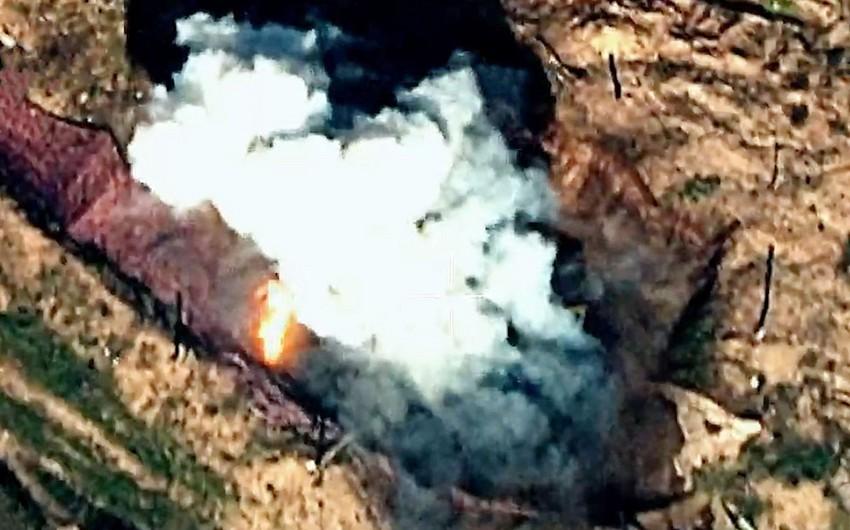
All Quiet on the Western Front
After almost two years of war in Ukraine, the conflict appears to have reached a dead end. Neither the Russian nor the Ukrainian side can accumulate enough forces to make a breakthrough on the front line. The parties finally abandoned the doctrine of maneuver warfare, switching to positional, trench confrontation. However, despite all the attempts of the parties to seize the initiative and develop the offensive of the troops, no tangible changes are observed on the front line.
Speaking about attempts at a summer counter-offensive, Ukrainian President Volodymyr Zelenskyy admitted that it did not bring the expected results. “We wanted to get faster results. From this point of view, unfortunately, we did not achieve what we wanted. And this is a fact,” Zelenskyy said.
From the very beginning of the war in Ukraine, Azerbaijan provided all kinds of humanitarian assistance to the people of this country.
The list of assistance provided includes the sending of generators, transformers, medical supplies and medicines. In total, Azerbaijan provided assistance to Ukraine for more than $33 million.
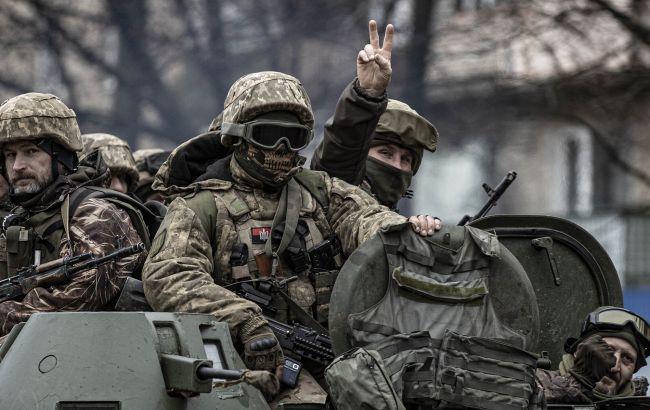
Azerbaijan, as one of the most mine-contaminated countries in the world, also fully understanding the danger the landmine threat poses, is trying in every possible way to help Ukraine in solving this colossal humanitarian catastrophe. For example, Baku donated a demining machine to Kyiv and began training specialists to operate it.
Something is rotten in the state of Denmark
The protracted war in Ukraine has had its consequences in Russia. An unexpected event in 2023 was the mutiny of the Wagner PMC and the capture of Rostov-on-Don by mercenaries.
The reason for the rebellion of what was once the largest private military company in the Russian Federation was allegedly the shelling of PMC positions by the Russian Ministry of Defense. On June 23, 2022, the press service of the founder of the PMC, Yevgeny Prigozhin, published a message on the telegram channel in which he made accusations against the defense ministry. The Ministry of Defense of the Russian Federation denied Prigozhin’s statement, noting that “the information about the attack on the rear camps of the Wagner members is an information provocation and does not correspond to reality.”
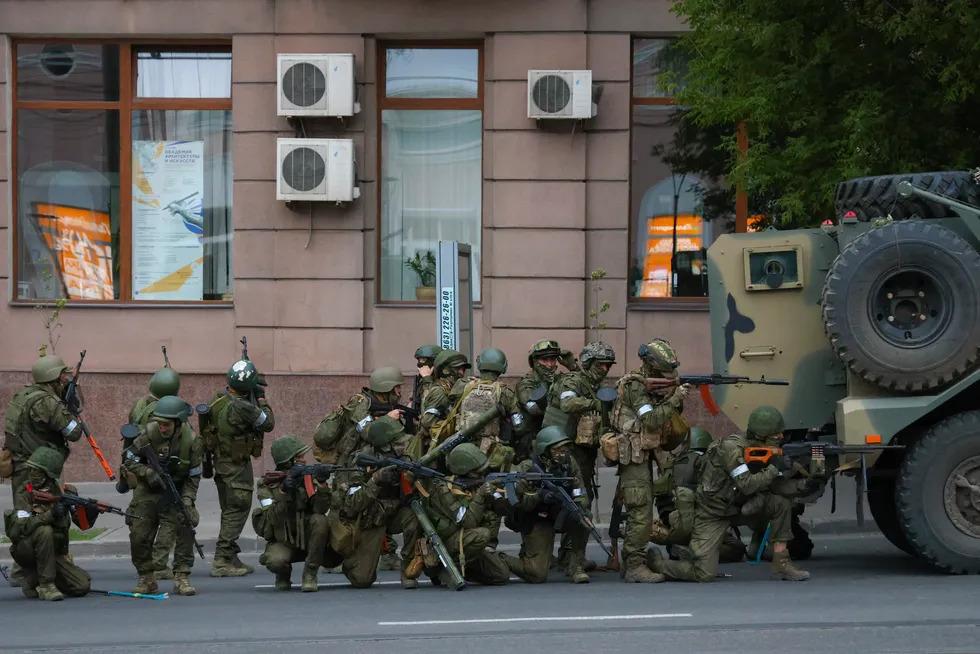
Stating that the PMC would respond to such actions by the Ministry of Defense, Prigozhin and his troops entered the city of Rostov-on-Don and occupied all military installations. The main goal of his rebellion, which Prigozhin called the “March of Justice,” was to call to account the leadership of the Ministry of Defense and personally the head of the ministry, Sergei Shoigu.
A few months before the incident, the head of the PMC accused the leadership of the Ministry of Defense of understaffing the troops, in particular, of a lack of ammunition. Simply put, the conflict between the head of the PMC and the military department of the Russian Federation was brewing even before the June mutiny.
The rebellion and the march that was supposed to go to Moscow stopped after the conclusion of agreements, which were facilitated by President of Belarus Alexander Lukashenko. The head of the PMC, together with his mercenaries, left for Belarus. On August 23, exactly two months after the mutiny, the plane carrying Yevgeny Prigozhin crashed in the skies over the Tver region in Russia. The founder of the PMC, who was on board the plane, died as a result of the plane crash.
The Holy Land is on fire again
While all the attention of the world community was focused on Ukraine, a bloody conflict broke out again in the Middle East. On October 7, militants from the radical Hamas group crossed the border into the Gaza Strip enclave and entered border kibbutzim and towns in Israel, killing at least 1,200 Israelis and taking more than 200 hostage.
In response, the Israel Defense Forces (IDF) reported a state of combat readiness and announced Operation Iron Swords to destroy the radical Hamas group.
During the operation, large losses were recorded among the civilian population of Palestine, which caused a resonance in the world community, dividing people into two camps, consisting of supporters of Israel and those supporting Palestine.
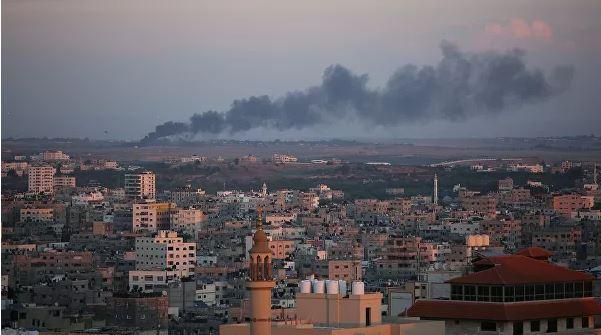
Arise, ones who are branded by the curse
The past year was also remembered for the growth of anti-colonial sentiments among African countries and French overseas territories.
Coups d’etat in former French colonies have occurred before, but this year two more countries joined the list: Niger and Gabon. Both countries, even after gaining political sovereignty, were heavily dependent on the former metropolis, which led to economic, political and social problems within the states.
At the end of July, Niger’s military announced the removal of President Mohamed Bazoum, and in August it canceled all agreements with France and demanded the withdrawal of its troops from the country. On December 2, the Niger authorities withdrew from all structures of the regional association of states of “Sahel Five”, including from the joint armed forces. The last French troops stationed in Niger left the country on the morning of December 22.
A military coup also took place in Gabon. A group of senior Gabonese military officials announced on national television on August 30 that they had taken power. The putschists canceled the results of the presidential elections held in the country on August 26, and at a meeting of generals, Brice-Clotaire Oligui-Nguema was appointed head of state for a transition period.
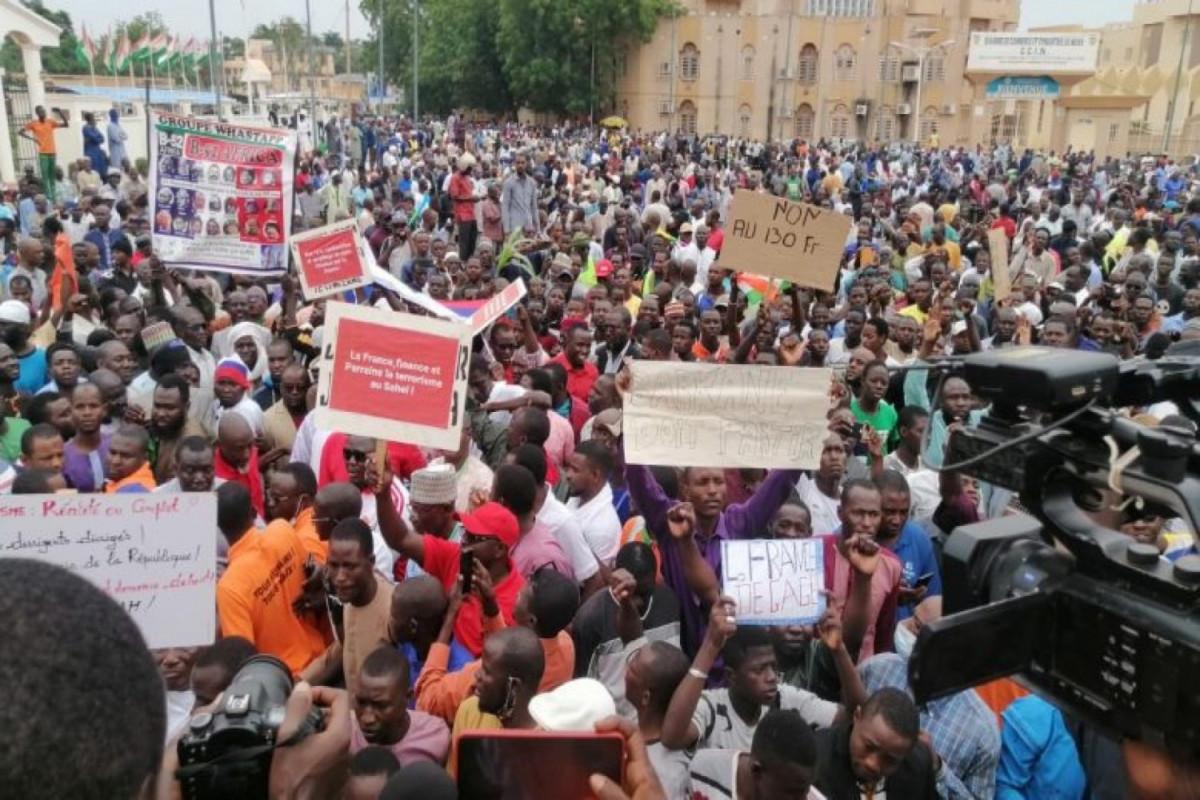
Anti-colonial sentiment also continued to grow in France’s overseas territories. Despite that France abandoned its colonies in Africa back in the last century, this country decided to keep a number of overseas territories under its control.
The peoples living in these territories, in their desire to gain independence, organized themselves into an initiative group with the support of Baku. Subsequently, conferences were held on French neo-colonialism within the framework of the Baku Initiative Group, where representatives of overseas territories came out with demands for the independence of their ancestral lands.
The Queen is dead, long live the King!
This year was marked for the UK with the coronation of Charles III, which took place on May 6, 2023. Queen Elizabeth II died on September 8, 2022, at the age of 96, after which her son, Prince Charles of Wales, ascended the British throne at the age of 73, taking the throne name Charles III. As many as 2,300 guests were invited to the ceremony, including heads of state, as well as friends and members of the royal family. The Azerbaijani delegation at the ceremony was led by the chairperson of the Parliament, Sahiba Gafarova.
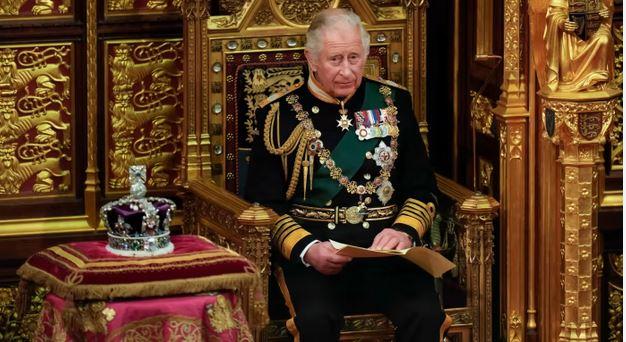
Another year, another loss
In the past year, some individuals who left their indelible mark on history also left us. Among them are famous politicians such as former US Secretary of State Henry Kissinger, who died at the age of one hundred, former Italian Prime Minister Silvio Berlusconi, former Finnish President and 2008 Nobel Peace Prize laureate Martti Ahtisaari.
In 2023, at the age of 84, the famous actor and singer Vakhtang Kikabidze passed away.
And the earth opened up...
The year 2023 will also be remembered for devastating earthquakes. One of the deadliest was the earthquake in Türkiye that occurred on February 6 with a magnitude of 7.8, the consequences of which were felt in Syria. The death toll from the earthquake with its epicenter in Kahramanmaras exceeded 50,000 people. Azerbaijan became the first country to offer assistance to the brotherly country, sending its Emergency Situations Ministry rescuers there and allocating more than 21 million manats ($12.352 million) in material assistance.
Destructive earthquakes also occurred this year in Morocco and Afghanistan.
On September 9, a magnitude 7 earthquake hit Morocco, killing more than 2,000 people in different provinces of the country. The earthquake was the largest in the history of Morocco in the last century.
On October 7, an earthquake occurred in Afghanistan, which killed more than 2,000 people.
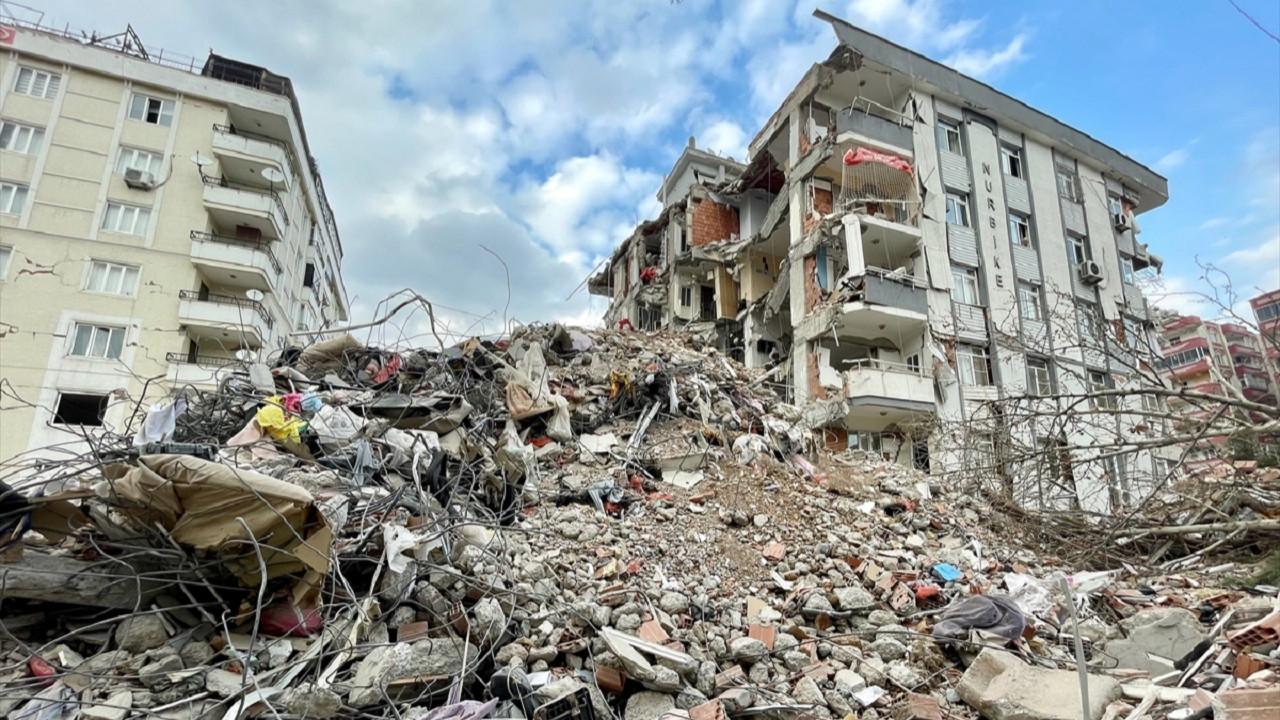
Out of the frying pan into the fire
Continuing to talk about devastating disasters, it is necessary to note climate change, which affects us all. According to the UN, the year 2023 was the warmest on record. Scientists note a record concentration of greenhouse gases, the melting of Antarctica’s glaciers, and rising sea levels. It seems that climate change is irreversible and inevitable.
To combat these challenges, the world community has united within the UN platform. The UN Climate Change Conference (COP) is currently the highest negotiating body for the implementation of the provisions of the United Nations Framework Convention on Climate Change (UNFCCC), the Kyoto Protocol (KP) and the Paris Agreement (PA). On December 11, within the framework of COP28 in Dubai, Azerbaijan was officially announced as the host of the 29th session of the Conference of the Parties to the UN Framework Convention on Climate Change - COP29, which will be held in the country in November next year and will give Azerbaijan the opportunity to promote its climate agenda in the world.
This year, the world, tired of endless news reports indicating the number of people infected with the virus, finally heard the cherished words: WHO canceled the status of the COVID-19 pandemic. However, the joy lasted only a little more than six months. In December, news began to arrive from China, which reported the spread of a new infection. Based on available information, the virus mainly affects children. The new respiratory infection symptoms differ from COVID in that despite the presence of fever, increased temperature, pneumonia, there is no cough. This makes it difficult to detect the disease in its early stages.
The past year has been rich in events on a global scale. Wars, disasters, crises, victories and defeats, confrontations between major powers, everything that determines our way of life and affects each of us, makes the world hope that the next year 2024 will be better than the current one. We can only wait and hope that the wars will end, diseases will recede, and nature will stop surprising us with increasingly monstrous cataclysms.


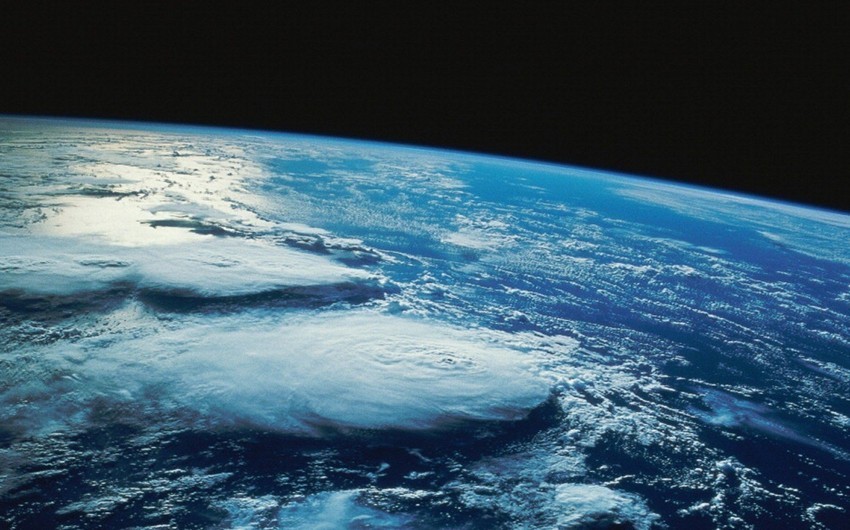 https://static.report.az/photo/1a56a432-fce1-39c6-8460-77410fc8a4cb.jpg
https://static.report.az/photo/1a56a432-fce1-39c6-8460-77410fc8a4cb.jpg

